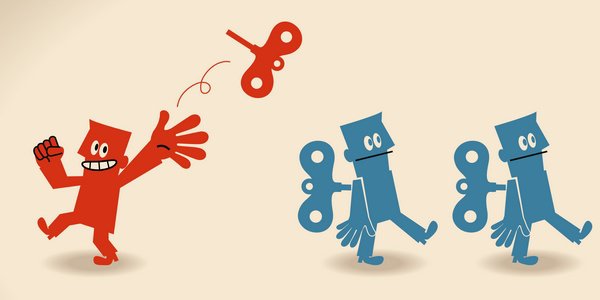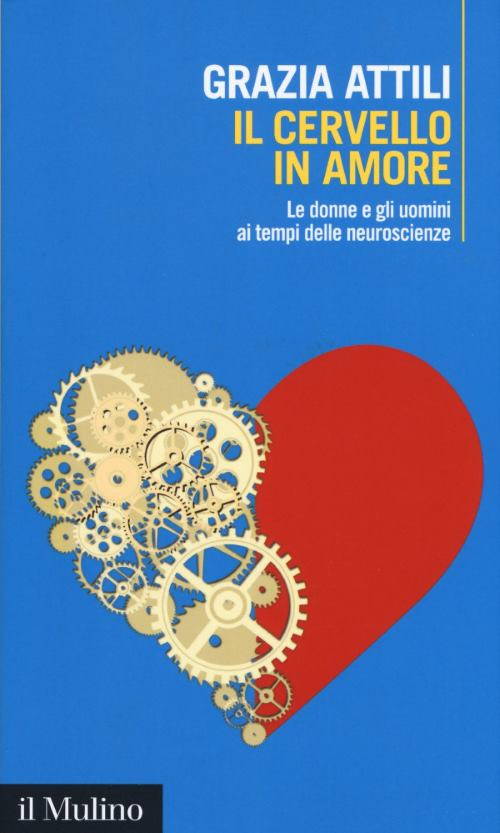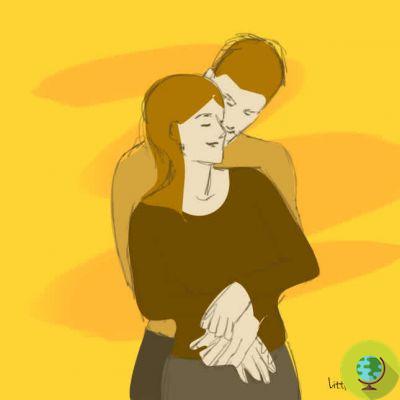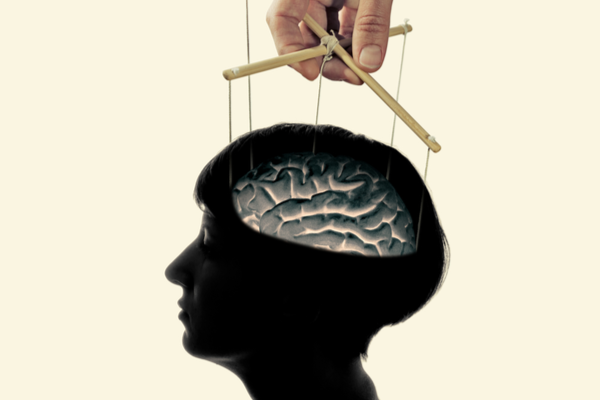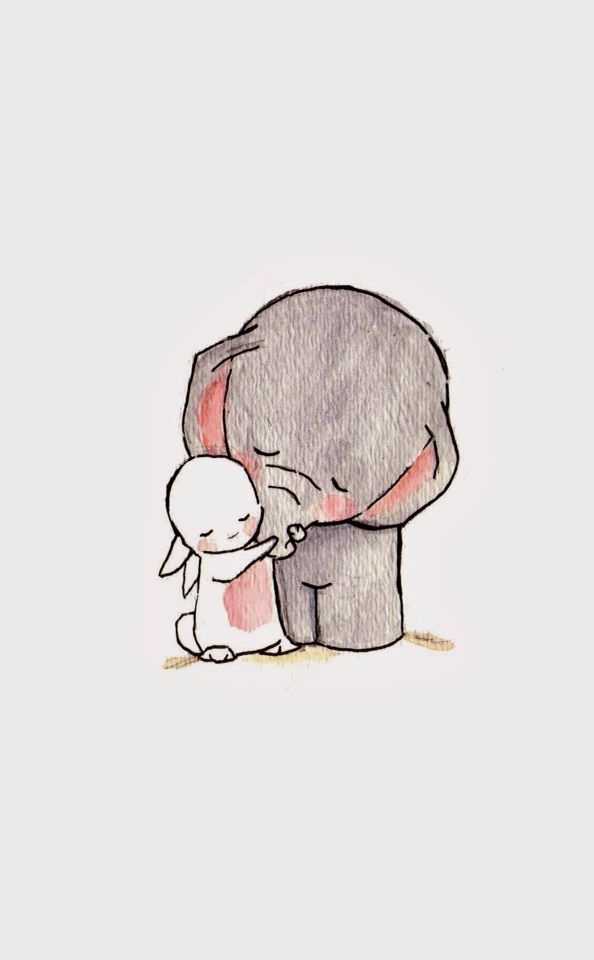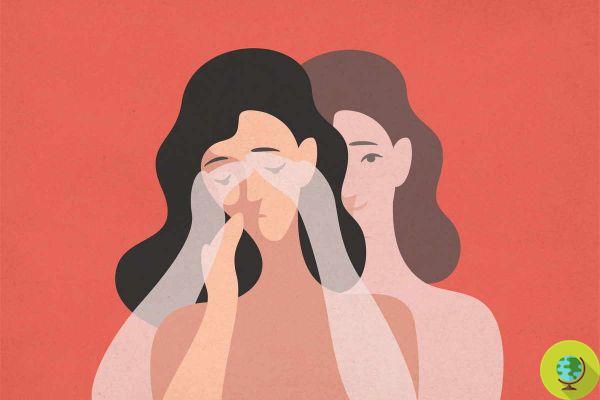
Let's see together the 10 habits and behaviors that take us away from happiness every day and how to improve our condition
Don't store avocado like this: it's dangerousHappiness is given by a thousand small and big things: a gesture of attention to others, the harmonious beauty of a landscape or the sunset, the scent of a flower, the realization of a goal, the moments lived within the most important relationships. . Or "simply" to feel connected with Heaven, with the Infinite around us. But there are also many gestures, habits, behaviors that make it more difficult to feel happy. Here are 10, to edit right away!
Index
Having nothing that gives a greater meaning to your life
Every human being, no one excluded, carries within himself a yearning that calls to meet, embody, a vision and a purpose superior to simple individual needs or interests: it is a question of making a difference, of participating in a constructive and proactive way for the good. of others (for example in volunteering of all kinds in the humanitarian field; adhering to initiatives that want to change the world, culture, environment for the better; or in a job that can make a difference, that has a social, ethical value) .
Even a spiritual approach to life can give a broader breath, of meaning that resonates deeply and directs one's reading of the world in a new way. Giving a higher purpose to one's existence makes us happier, it brings us closer to our authentic personal fulfillment because it puts us in a position to best express all our talents and to listen to the call of our Self.
Lack of concrete goals
Having a goal towards which to move one's steps is important, fundamental: it is not so much the destination as such that makes the difference but the fact that one sets out to reach it. In this path the most interesting things happen: we act, we face the challenges that any obstacles bring us, we produce new thoughts, we experience emotions, we get back into the game. We are in a process that motivates us and makes us feel alive, with a concrete and daily, constructive sense.
Not having goals, dragging ourselves day by day in the routine of normal or safe, consolidated things, slowly impoverishes us on all levels (physical, emotional, spiritual); it distances us from what we are called: to grow, to evolve, for the good for the whole Earth.
Walk with drooping shoulders
Posture is certainly not everything but it is a lot: it talks about us, reflects our mood, reveals our attitude in life. And, at the same time, it affects them. Choosing therefore to intervene on our postural habits, on the movements that the body spontaneously makes, helps to change emotions and behaviors. The shoulders which, spontaneously, tend to be a little closed and bent forward, or drooping, favor and strengthen a passive attitude, of defeat, of underlying sadness.
Walking at a good pace, with the shoulders returned to a "normal" position (at the beginning an effort of will and attention will be required) and consequently also with a different, higher position of the head, favors an approach to things, a more proactive vision and personal strength. And it also affects mood.
Always stop the moment in a click
Never as in these social-addicted times, photographing everything, absolutely everything or almost everything, seems to be normal. Facebook, Instagram, Pinterest, Twitter are the perfect stage for this riot of shots of good and bad taste and / or usefulness. Many seem to be able to stop and better remember small moments of happiness but it is not really like that.
The moment is fleeting but it is stopped by living it with intensity and presence: only in this way does it truly enter into our experience. Taking a photo takes you to another dimension, to another experience: the photographic one. And then there is nothing left in life. This was demonstrated by a study conducted on museum visitors: the subjects who had taken the photos had greater difficulty in remembering what they had seen. It goes without saying that it is not a question of not taking pictures anymore but of regaining possession of a direct, natural, emotional and relational way of being and acting in different situations. Then, a summary, celebratory photo is there: in short, as it was once done.
Do not exercise
Healthy mind in a healthy body: you know. Just as by now it should be clear to everyone that physical activity (even just walking for at least half an hour at a brisk pace, at least three times a week) activates the production of serotonin and endorphins, hormones that produce positive emotions. A study has also quantified the impact: exercising 3 times a week reduces the risk of depression by 19%.
It is true that those who are not happy tend to move little or nothing. In this case, therefore, a real effort of will is needed to change, to get back into motion and, slowly, to turn the wheel of well-being and happiness again. To begin, it takes two or three minutes.
Maintain non-constructive emotional relationships
The quality of our emotional relationships makes the difference: they can represent a constructive and nourishing exchange for both of us or they can be - in reality - little nooses around the neck that slowly suffocate. These are toxic relationships. The reasons that make them such can be the most diverse but it is certain that their presence, which at times (incorrectly) also seems reassuring or "better than nothing", cuts the connection with happiness: they are destructive, predatory relationships, canceling.
They are recognized because there is no love, spontaneous happiness but rather fear, addiction, anxiety, depression. Being able to let them go, get out of them, allows you to recover self-esteem; it means laying the foundations to meet someone with whom you can then walk in the authentic sentimental realization, the one that allows you to be happily in relationship.
Multitasking as a way of life
Doing more things at the same time is obviously possible, okay (the practical life of each of us certainly proves it) but it is equally certain that the quality that emerges, when you perform one task at a time, is different. Almost always at least.
Beyond the "performance", however, we are there: following more activities, constantly embodying multitasking takes us into an "altered", automatic dimension. We fail to be "in the present". Stress increases, the feeling that life goes by without having internalized it: we are acting in urgency, in "survival". Stress rejoices, happiness does not.
Sleep little, go to bed late
Resting well is good for your health, good mood. When you are tired you are more nervous, irritable, less available: conditions that move in the opposite direction to well-being, to happiness. But that's not all: to be happy, you also need to go to bed early. This was shown by a study conducted at Binghamton University: people who sleep little but especially go to bed late tend to have more negative thoughts.
Stay away from Nature
The connection with Mother Earth is a source of rebalancing and deep well-being: this is why walking - or even just sitting and breathing deeply - in the greenery of a city park can change and improve our mood. Let alone immersed in a wood, on the shore of the sea or of a lake.
Regeneration is all the more profound when we are more able to enter into a relationship with the Nature around us; knowing how to be amazed, being in beauty, in the expressive richness of forms of life, colors, sounds, smells and harmonies represent a deep nourishment for our spirit, with indirect benefits on our entire person.
Don't plan space and time for yourself
Relationships with others are fundamental for our well-being, especially those with the people we love. But it is also necessary to foresee, recover, carve out time only for oneself: an intimate space, of constructive solitude, of listening to one's "breath" made up of emotions, thoughts, goals. A time of "emptiness around" to resent, out of any distraction, good or bad it may be.
About happiness you might also be interested in:
- The pursuit of happiness
- The pyramid of happiness
- The jar of happiness
- Are you really happy? 10 signs that prove it
- How to trick the brain to achieve happiness
When to take it and for how long? There are no right "measures". It depends on the moment, the need, the person. But it is useful: it gives a rhythm and makes one's actions in the world, in relationships, more interesting and aware. Good conditions for happiness.




